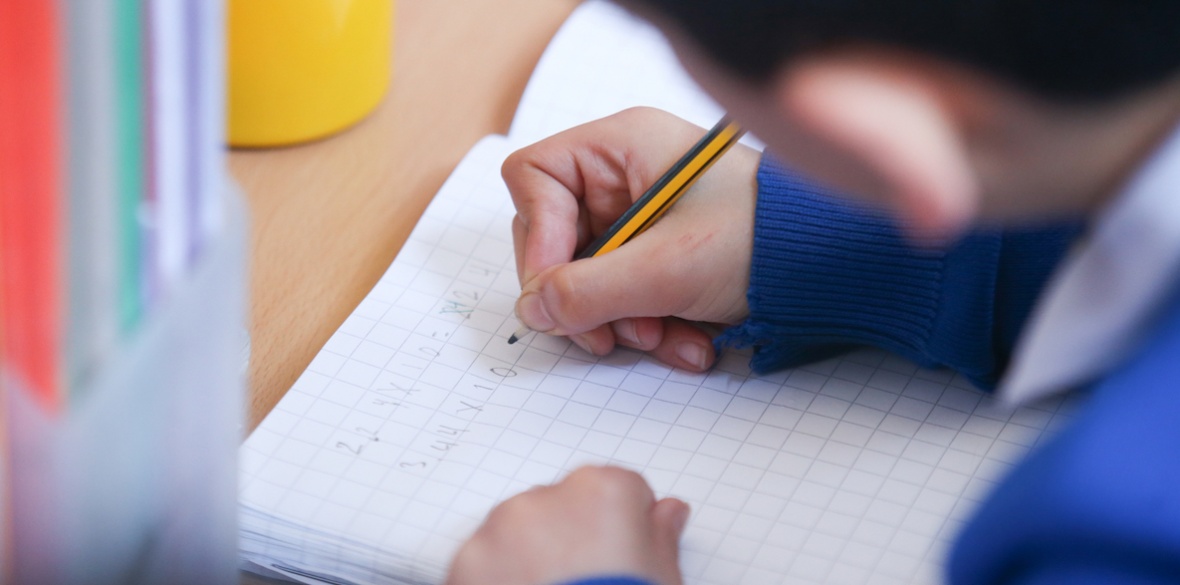This is the last article you can read this month
You can read more article this month
You can read more articles this month
Sorry your limit is up for this month
Reset on:
Please help support the Morning Star by subscribing here
I RECENTLY had an interesting conversation with an executive from a large teacher training provider. One question I was asked was what the biggest challenge in education was. I think I answered by saying something along the lines of “how long have you got?” — but the question did make me stop and think.
Every different teacher would probably give you very different answers. For some it might be pupils’ behaviour, for others it would be Ofsted. For a small number it would probably be “the woke agenda” (whatever that is) and for more it would be mental health.
The obvious answer is of course the Tory government. But simply replacing the Tory government though would not solve all our problems unless it was replaced by a government committed to radical educational reform.
So, what is the biggest challenge? Perhaps the increasing trend towards privitisation in education. The recent white paper on education states that the government would like to see the number of academies rise to 100 per cent. The exact wording is: “By 2030, all children will benefit from being taught in a family of schools, with their school in a strong multi academy trust or with plans to join or form one.”
Of course we know that pupils don’t actually benefit from being taught in academies — quite the opposite in fact, with recent evidence showing that even with the government’s own flawed measures local authority schools outperform academy schools.
Research conducted on behalf of the Local Government Association (LGA) found that more local authority schools were classed outstanding or good by Ofsted in January 2022 compared with academies.
In my own district I have already heard of at least two schools deciding to become academies — jumping before they are pushed, as they put it.
Academisation serves solely an ideological purpose: the removal of democratic accountability and the transfer of state funds into private hands. Every academisation must be resisted by trade unions in co-ordination with parents and pupils
Is Ofsted the biggest challenge? The inspectorate has proven time and again to be useless, driving up workloads and delivering results which tell us more about the socio-economic status of the catchment area of the school inspected than they do about the quality of education being delivered in the school.
While the purpose of inspection should be to support schools, this has never been the case. In fact one inspector wrote in Forum, the journal of comprehensive education, that the original head of Ofsted Chris Woodhead “made it clear that the purpose of inspection was to find fault with schools rather than to ‘improve’ them” and claims that “political interference was rife from the start.” Ofsted should be seen for what it is: the method of policing and enforcing the hegemony of the ruling class.
The inspectorate must be abolished not simply reformed. Despite the 2019 party conference voting for this, the current leadership refuses to commit to doing so.
“You could completely change Ofsted but if it is reform, not abolition, you don’t give teachers permission to scrap the mindset that goes with it,” Gawain Little, a teacher and member of the National Education Union executive, told me.
“We have to identify it publicly as a bad thing so people can begin to unpick the internalised policing of their own practice.”
The above two challenges of course cause knock-on effects to the rest of the education system in the form of a lack of autonomy, increased workload and stress among educators. The white paper does make mention of workload — the word crops up three times in fact in the over 18,000-word, 64-page document.
There is no concrete explanation about how workload will be addressed though, other than the mention of providing “free ready-made resources, guidance and lessons.” The cynic in me can’t help but be concerned as to the content of said lessons which presumably would have to fit into the ideology of Nadhim Zahawi who thinks that children should be taught the “benefits” of the British Empire.
The biggest challenge though is what is happening outside the classroom. There has been a steep rise in child poverty in England, a 26 per cent rise between 2008 and 2020, with the number likely to be rising further still with the after effects of the failed response to Covid-19 and the current cost of living crisis.
When I did my teacher training we were told that the biggest predictor of educational outcome is parental income.
I once taught a boy with an awful cough, he explained to me that it was getting better though as they had removed the black mould from the walls of his house.
Another pupil complained once that he hadn’t slept as he shared a bed with his younger sibling who had kept him awake. How can these pupils be expected to succeed when their main focus is on meeting their basic needs?
So, what is the biggest challenge in education? There isn’t one single thing but a multitude — and although as individuals we can make some small difference to the lives of our pupils, until we have a more just and equal system this will make little difference to society as a whole. What we truly need is a government dedicated to deep-rooted societal change. A government committed to the permanent transfer of wealth and power.
Robert Poole is a teacher, NEU activist and co-founder of Strike Map.












